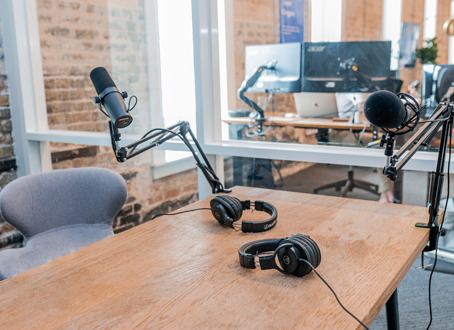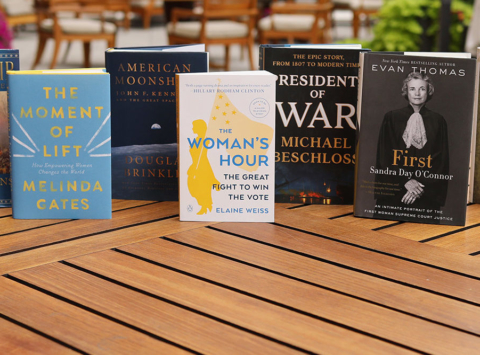Identifying organizations that make big bets and tackle pressing social issues is an important part of our Be Fearless mantra here at the Case Foundation. Our work across the United States has helped lift up and fund extraordinary changemakers and their programs. This year the Case Foundation hosted the first-ever Aspen Scholars pitch competition at the Aspen Ideas Festival at which we awarded more than $25,000 in grant money to competing Aspen Scholars. The grand prize winner was Kristen Titus of Girls Who Code. We are thrilled to work with this new organization as a grantee and a partner.
Girls Who Code was launched in 2012 in an effort to close the gender gap in the computing and online fields. Its programs have earned the support from top Fortune 500 companies and have delivered more than 3,000 hours of intensive instruction to young women and high school girls. Each participant is equipped with the skills and resources they need to pursue careers and opportunities in the computing field. From mobilizing top executives, educators and engineers, to developing a new model for computer science education and launching eight immersion programs spanning five cities – Kristen and the Girls Who Code staff have worked to catapult young female minds into the tech sector.
The Case Foundation sat down with Kristen to chat about Girls Who Code and their work on the heels of her Elle Magazine debut naming her one of the “11 Women Who Just Might Change the world” and Business Insider’s 2013 nod for one of the “30 Most Important Women Under 30 In Tech.” We could not agree more, Kristen and her girls who code are on their way to big things in the tech world.
Our Interview with Girls Who Code
CF: What goals are you working towards at Girls Who Code? How will the Case Foundation’s funds help you achieve that goal?
KT: Girls Who code has set out to tackle what we believe to be one of the most pressing problems facing our generation: the gender gap in technology. We’re starting on the ground by inspiring, educating and equipping high school girls to pursue technology through our Summer Immersion and after-school Club programs. The Case Foundation is supporting the scaling of these programs, and helping us bring computer science education to girls across the country. Each girl who goes through our programs represents one step closer towards gender parity in technology.
CF: Tell us about a moment when you failed in life and how you used that as an opportunity to fail forward?
KT: Last spring, Girls Who Code launched our first ever after-school program pilots. We had a very successful model for an intensive summer program, and we were eager to find out how to replicate the program in a format designed to scale. One model we tested involved having our graduates organize clubs and teach their peers. This model just did not work, and it was disappointing because it held much potential. We were, however, able to incorporate successful components of the model into what we have ultimately found to be the best format, and are now in the second phase of testing of this program. We can’t wait to see how the program grows.
CF: How have reached outside of your bubble or your sector to raise awareness or perhaps funding for your organization?
KT: Increasingly, computer science skills are relevant to industries outside of what we typically think of as the tech sector. From fashion to medicine to banking, companies rely on technologists to do business, and we absolutely look to these corporations as partners. What’s more, we incorporate the experiences of engineers at companies that, traditionally, would not be considered to be technology companies in order to expose our students to the incredible variety of opportunities available to those with a CS background.
This is the first in a series of four articles featuring new grantees of the Case Foundation who have won awards in our 2013 pitch competitions. Check back for our next feature on the Rid-All Green Partnership, an urban farm in Cleveland, OH.





